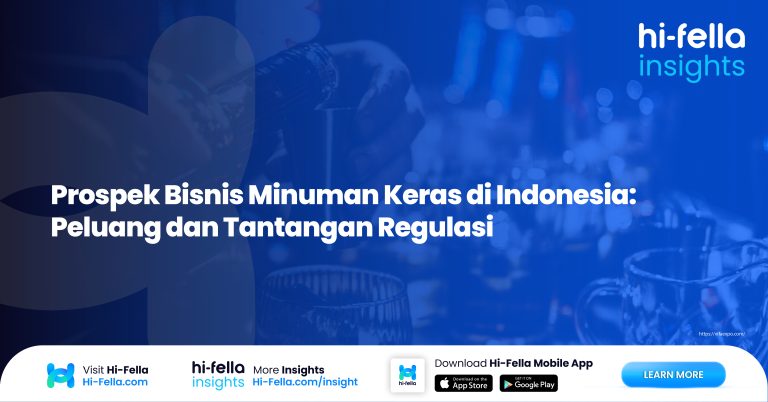Table of Contents
Political science is a complex field that deals with the study of power, authority, and governance. One of the most important concepts in political science is the concept of “regime.” In this article, we will define and elucidate the concept of “regime” in the context of political science, exploring its various interpretations and implications.
Source: visual capitalist
Definition of “Regime” in Political Science
The term “regime” refers to the set of rules, institutions, and practices that govern a political system. It encompasses the formal and informal structures that shape the exercise of power and authority in a society. The concept of “regime” has evolved over time, reflecting changes in political systems and theoretical perspectives.
Historical Evolution of the Concept
The concept of “regime” has its roots in the French Revolution, where it was used to describe the political system that emerged after the fall of the monarchy. In the 20th century, the concept of “regime” gained prominence in political science, particularly in the study of comparative politics. Scholars began to use the term to describe the different types of political systems that existed around the world.
Theoretical Underpinnings of the Concept
The concept of “regime” is closely linked to the broader theoretical debates in political science. It reflects the tension between the liberal and realist perspectives on politics. Liberals view regimes as a means of promoting democracy, human rights, and the rule of law. Realists, on the other hand, view regimes as a means of promoting stability, security, and national interests.
Types of Regimes
There are different types of regimes, each with its own set of characteristics and implications for governance, policies, and international relations. The three main types of regimes are democratic, authoritarian, and totalitarian regimes.
Democratic Regimes
Democratic regimes are characterized by free and fair elections, the rule of law, and the protection of individual rights and freedoms. They are based on the principle of popular sovereignty, where the people have the ultimate authority to govern themselves. Democratic regimes are often associated with liberal values such as freedom of speech, freedom of the press, and freedom of association.
Authoritarian Regimes
Authoritarian regimes are characterized by the concentration of power in the hands of a single individual or a small group of elites. They are often characterized by the absence of free and fair elections, the suppression of political opposition, and the restriction of individual rights and freedoms. Authoritarian
regimes are often associated with conservative values such as order, stability, and tradition.Totalitarian Regimes
Totalitarian regimes are characterized by the complete control of the state over all aspects of society. They are often characterized by the use of propaganda, censorship, and repression to maintain power. Totalitarian regimes are often associated with radical ideologies such as communism, fascism, and Nazism.
Significance of Regimes in Shaping Governance, Policies, and International Relations
Regimes play a crucial role in shaping governance, policies, and international relations. They determine the distribution of power and authority in a society, and they influence the way that policies are formulated and implemented. Regimes also have a significant impact on international relations, as they shape the way that states interact with each other.
Impact of Regime Changes on Societies and International Dynamics
Regime changes can have a profound impact on societies and international dynamics. They can lead to significant changes in governance, policies, and international relations. Regime changes can also lead to instability, conflict, and violence, particularly in societies that are deeply divided along ethnic, religious, or ideological lines.
Conclusion
In conclusion, the concept of “regime” is a complex and multifaceted one that has significant implications for governance, policies, and international relations. By understanding the different types of regimes and their implications, we can gain a deeper appreciation of the challenges and opportunities that exist in the political landscape.









